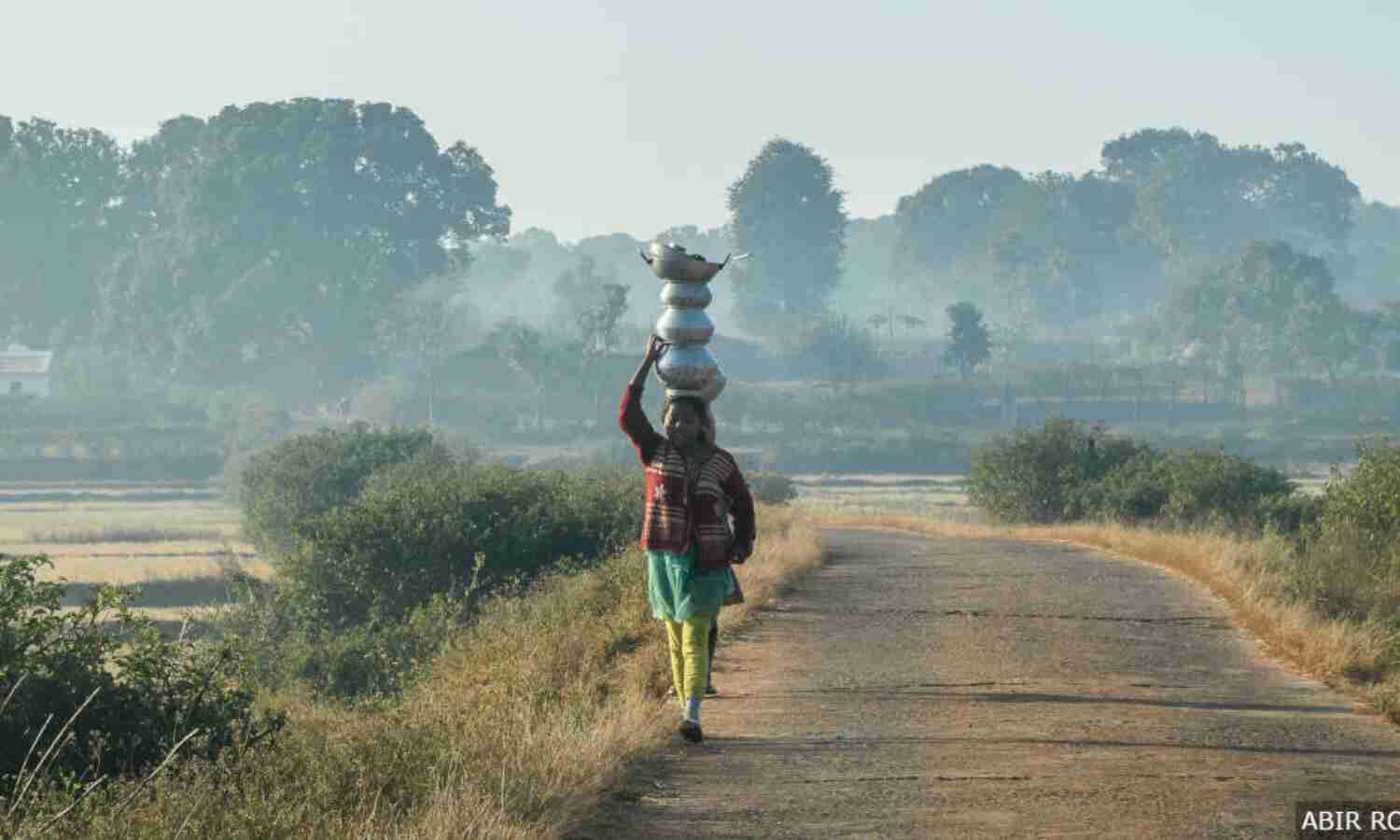12 Constituencies That BJP Lost In Jharkhand Are Forest Rights-Sensitive
New Delhi: The 12 seats that the Bharatiya Janata Party (BJP) lost in the latest assembly elections in Jharkhand--winning 25 seats in 2019 compared to 37 in 2014--were sensitive to Forest Rights Act (FRA) issues, a new analysis by an independent research group has concluded.
FRA offers formal recognition of forest-dwellers' land rights, as these areas have a high proportion of tribal population for whom FRA is an important issue.
The 28 reserved tribal seats showed a "clear shift"--BJP secured only two seats in 2019 compared to 11 in 2014, found analysts Tushar Dash and Sushmita Verma, both members of the NGO network Community Forest Resource-Learning and Advocacy (CFR-LA), who conducted this analysis independent of CFR-LA.
Tribals' dissatisfaction with the slow implementation of the FRA, which offers formal recognition of forest-dwellers' land rights, could be a deciding factor in more than 62 of the 81 assembly constituencies (over 77%) in Jharkhand elections, IndiaSpend reported before polling on November 23, 2019.
Jharkhand's assembly election results were declared on December 23, 2019. The incumbent BJP secured 25 seats, 32.43% fewer than 37 in 2014, and failed to secure the majority of 41 seats to stake a claim. The alliance of Jharkhand Mukti Morcha (JMM, with 30 seats), Congress (16) and Rashtriya Janata Dal (RJD, 1) secured 47 seats, 88% higher than 25 in 2014.
The JMM alliance could win the FRA-sensitive seats by "raising issues having a direct impact on land and forest rights of tribals, dalits and other marginalised communities", said the analysis.
Anti-tribal land and forest policies implemented by the BJP government such as the proposed amendments to the Indian Forest Act, the threat of eviction of tribals due to a Supreme Court order, illegal diversion of forests for projects, illegal land acquisitions as well as the non-implementation of FRA in the state were some of the prominent issues that the JMM alliance raised in its manifesto and campaign.
The FRA, which came into effect in 2006, is critical to the livelihoods of at least 3.8 million Scheduled Caste and Scheduled Tribes--the most disadvantaged socio-economic groups in India recognised by the Constitution--voters in Jharkhand, who form 52% of the total 7.3 million voters, as per 2014 voting statistics. Of the SC-ST voters, 75% (2.9 million) belong to Scheduled Tribes, the constitutional term for government-recognised indigenous tribes.
Seat change in FRA sensitive areas
The 12 seats that BJP lost in Jharkhand were spread across 'critical', 'high' and 'good' value seats, a categorisation used by researchers to break down the total number of seats against the degree of the FRA influence. In 'critical' seats, the most number of voters was affected by FRA, a high proportion of the population was tribal, and a large area came under forests. Those categorised under 'good' have a comparatively lower population of tribespeople and area under forests.
In 'critical' and 'high' value constituencies, JMM gained seven seats, Congress gained five and BJP lost six, as per the analysis.
Together, these three categories make up for 62 of the 81 assembly constituencies (over 77%). In 2014, BJP had won 26 of these 62 seats compared to 14 in 2019. JMM registered the most gains, 63%, with winning 31 of these 62 seats, compared to 19 in 2014. Congress won 10 seats in 2019, compared to 3 in 2014.
Election results in reserved tribal constituencies
In the 28 reserved tribal seats, the BJP recorded a loss of nine seats, from 11 in 2014 to two in 2019, as we earlier said.
JMM, on the other hand, gained seven seats in 2019 elections to win 20 of the total 28 reserved seats, compared to 13 in 2014. The Congress secured six seats, a significant improvement from zero in the last election.
Jharkhand now joins other major states of Chhattisgarh, Madhya Pradesh, Rajasthan and Maharashtra where the issues of land and forest rights and agrarian distress had dominated the state elections in 2018-19 and led to major upsets for the ruling party, said the analysis.
In Maharashtra, which had elections in October 2019, the incumbent BJP lost about 22% FRA-sensitive seats and could not win a majority to form the government, as IndiaSpend reported on November 23, 2019.
Similarly, the BJP lost the 2018 assembly elections in Madhya Pradesh, Rajasthan and Chhattisgarh, partly due to the FRA, according to the assembly election analysis by the CFR-LA.
(Tripathi is an IndiaSpend reporting fellow.)
We welcome feedback. Please write to respond@indiaspend.org. We reserve the right to edit responses for language and grammar.




